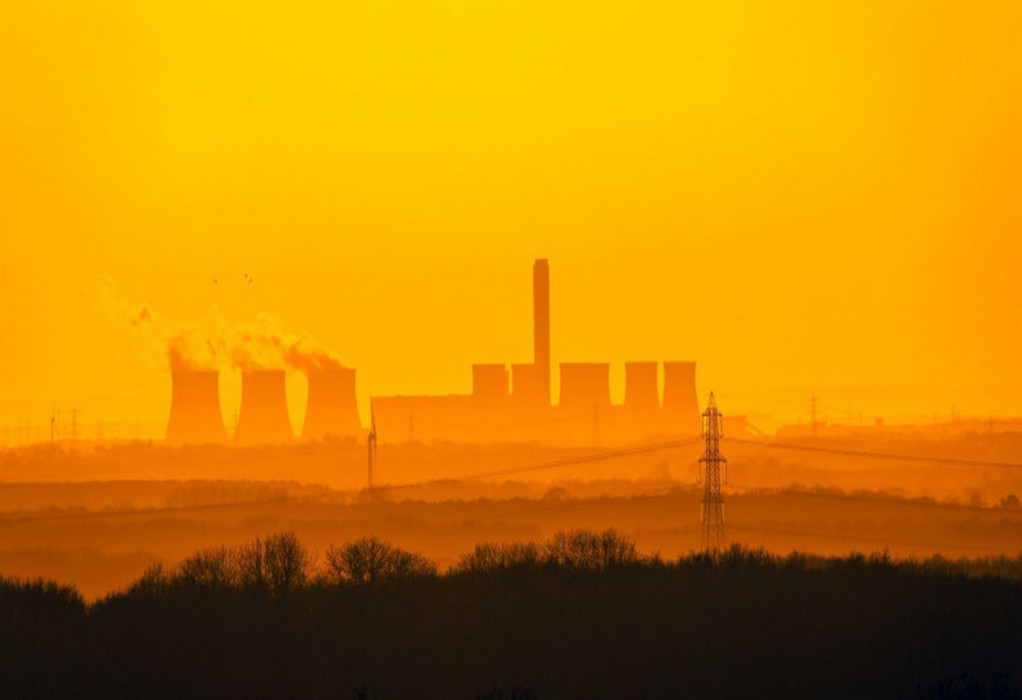Carbon Capture Utilisation and Storage (CCUS), the technology for decarbonising carbon dioxide (CO2) from high polluting sectors such as steel, cement, oil, gas, petrochemicals, chemicals and fertilisers, has a critical role to play for the country to halve CO2 emissions by 2050, says a report on the policy framework of the CCUS prepared by the Niti Aayog and MN Dastur & Company. The report, released by Niti Aayog Vice-Chairman Suman K. Bery, also said the CCUS technology would help in promoting the low carbon-hydrogen economy and in removal of the CO2 stock from the atmosphere.
Power Secretary Alok Kumar said the focus should be on research and development, particularly on cutting edge technologies. “NTPC has taken some R&D projects. Ministry has supported it,” he said.
Niti Aayog Member V.K. Saraswat said that through the technology, CO2 coming from various thermal power plants or industrial plants would be captured. “Using CCUS technology we will be able to make some valorisation of the CO2. There will be an impact on the economy if we able to get value-added products such as green methanol, green ammonia can be produced from this captured CO2. We have huge potential for storage of CO2,” Dr. Saraswat said.
The report added that the key to a successful CCUS implementation in India was to enact a policy framework that supported the creation of sustainable and viable markets for CCUS projects. “The private sector is unlikely to invest in CCUS unless there are sufficient incentives or unless it can benefit from the sale of CO2 or gain credits for emissions avoided under carbon pricing regimes,” the report said.
On the policy framework, the report suggested that in the near term, CCUS policy should be carbon credits or incentives based, to seed and promote the CCUS sector in India through tax and cash credits. “Over time (probably beyond 2050), the policy should transition to carbon taxes, to enable reaching India’s net zero goals by 2070. The policy should establish early-stage financing and funding mechanisms for CCUS projects,” the report said.
Tags: CCUS, CO2Emissions, Niti Aayog



Recent Posts
Chartered Speed expands its electric mobility footprint in Arunachal Pradesh
PSA International joins Global Centre For Maritime Decarbonisation as a strategic partner
MPA and NYK Group Advance Collaborative Efforts on Maritime Autonomous Surface Ship Trials
BIMCO drafts new clause to support biofuel use in time charters
Global Maritime experts attended India@Nor-Shipping – Maritime Partnership for a shared & sustainable future
India-Norway Dialogue Anchors on Sustainable Maritime Development
Sea cruise ships can now connect to shore power in Amsterdam
Corvus Energy partners with HD Hyundai Mipo for AiP on new green product tanker design.